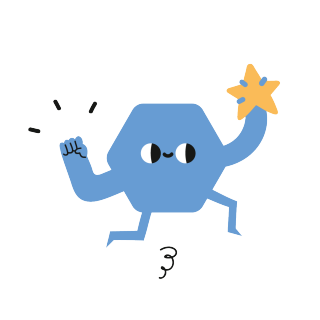
Childcare has changed and is no longer just about "looking after" your child. By entrusting your child to an education and childcare facility, you are entitled to expect that facility to provide care suited to your child's needs and to help them to fully develop their potential.
Helping children find their place in society from an early age, listening to their needs, stimulating their personal development and their autonomy, promoting their inclusion, their well-being and encouraging their participation – those are the missions of the educational staff in education and childcare facilities.
The government has made quality education a national priority, to give your child the best chances of success.
Seven main areas for your child’s overall development
Education and childcare facilities are required to offer children learning experiences and opportunities in seven main areas for their overall development:
Field of action 1: Emotions and social relationships
Living together, playing with friends and relationships with adults represent valuable opportunities for your child to learn to work with others, respect different opinions and manage their emotions and conflicts in general.

Field of action 2: Values, participation and democracy
Through a range of everyday activities, your child will learn how to live together with others, take part in things, accept others and fit into groups.

Field of action 3: Language, communication and media
A number of languages coexist in education and childcare facilities and at parental assistants’ houses in Luxembourg, just like in society. Special attention is given to the development of your child’s language skills: the staff working in the facilities speak to your child in Luxembourgish and French. Your child is encouraged to use the language or languages spoken at home and to talk to their friends, and staff read them books, tell them stories, organise little role plays, etc.

Field of action 4: Aesthetics, creativity and arts
Your child must be offered a varied range of artistic activities: activities involving music, dance and rhythm, little shows, an introduction to art, etc.

Field of action 5: Movement, body awareness and health
Your child is encouraged to move around, both inside and outside the building, so that they can develop their motor skills. The children learn to eat healthily in a friendly environment.

Field of action 6: Natural sciences and technology
Discovering mathematics, technology, natural sciences and, more generally, nature, is made easier using a play-oriented approach.

Field of action 7: Transitions
There are a number of transitions and changes from one school or facility to another during children's time in education. For toddlers, that means moving from home to the crèche; for older ones, starting school and going to the childcare centre, etc. These stages require special attention and well-thought-out support. Successful transitions lead to greater self-confidence and the development of independence and skills.

